John Martyn laughed when Nick Drake died, that was the first thought that came to mind when I read about the reissue and mastering of Drake’s sophomore album Bryter Layter. It was something for which his wife never forgave him. 18 months before Drake died of an overdose of antidepressants, Martyn released the acclaimed album, Solid Air, the title track about the doomed singer songwriter, and in many ways it is the perfect description of the man himself and the difficulty simply existing presented to him. Solid Air, a man who in life was occasionally physically present, but simultaneously so easy to miss due to his chronic shyness, and moving “through solid air”, the difficulty of living and doing things that so many find so easy (e.g. meeting women).
The other thought that I had is that, though Bryter Layter is his most critically acclaimed album (23rd in Q magazine’s greatest British albums of all time), it is also his worst, by far. It is not Drake’s songwriting that lets the album down, but the fact that it is problematically overdubbed and cluttered with too many instruments. After the commercial failure of debut Five Leaves Left, Bryter Layter feels like a very obvious and often clumsy and desperate stab at success. Joe Boyd produced it, John Cale and Beach Boys session musicians played on it, and it might’ve been so much better if they’d all left well alone. The backing vocals and nagging (nagging in the annoying domestic sense of the word) piano and alto sax work on ‘Poor Boy’ epitomise this perfectly. Virtuoso they are and with all the self-indulgence that that word suggests. The extended outro, the endless noodling and soloing all add precisely nothing to the song, obfuscate Drake’s lovely, woody voice and great songwriting, and render it unlistenable. Lyn Dobson’s extended flute solo on the title track is deeply reminiscent of the jazz flute in Anchorman, the way Ron Burgundy stamps all over the dining tables crushing glasses as he goes the perfect visual metaphor for her horrible playing. The overall effect is very nearly, but not quite, fatal. Because, despite all this there are still some things to love here, and the songs with little, no, or less-intrusive musicianship are definitely the best.
‘At the Chime of a City Clock’ is rather lovely, as is ‘One of These Things first’. ‘Northern Sky’ is in itself the brightness in this album’s northern sky. Simple, and simply beautiful, it is a wonderfully gentle call out for love, the polar opposite to the predatory prowl of Fleetwood Mac’s ‘Big Love’. Clearly the album’s best song, it accurately depicts Nick Drake as a passive component in his own life, always waiting for someone else to come along and improve his lot, “Brighten my northern sky” – Solid Air indeed. And yet, somewhat perversely, in death, it is this very characteristic, combined with his very real songwriting and guitar playing talent, that has ensured his posthumous success. For modern listeners he is a boy perpetually trapped in the oncoming headlights of a car, an endless car crash from which it is impossible to turn away. That Nick Drake died in his parents house in the very bedroom that he grew up in is horribly fitting, a child to the last. Some might find comfort in his posthumous success, and that, in death, he massively overshadows John Martyn, but in reality the dead don’t appreciate anything.
Just over a year after the release of Bryter Layter, Nick Drake recorded his final album, Pink Moon, at midnight in two separate two-hour sessions over two days, and it is great for all the reasons that Bryter Layter is not. Featuring just Drake and his unparalleled guitar playing with just one piano overdub on the title track played by the man himself, it is stripped-back, raw, gut-wrenchingly sad, and nigh-on perfect. It is every bit one of the greatest British albums of all time, and perfectly sets into stark relief the many failings of Bryter Layter, which by comparison plays like a ferrari joy-ridden into a brick wall.
Available in heavyweight audiophile vinyl, this Bryter Layter reissue comes in a box with reproductions of the original shop poster, a smaller ‘live’ poster and a reprint of Nick’s handwritten set list together with reproductions of the master tape reel and tape box lids. Buy both Five Leaves Left and Pink Moon before you even consider this.
Release Date 29/04/2013 (Universal)
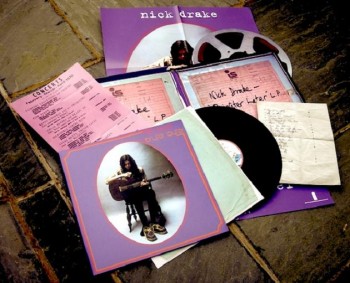
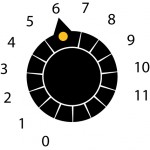
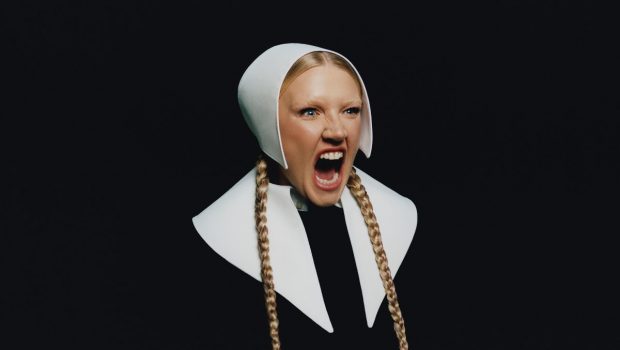

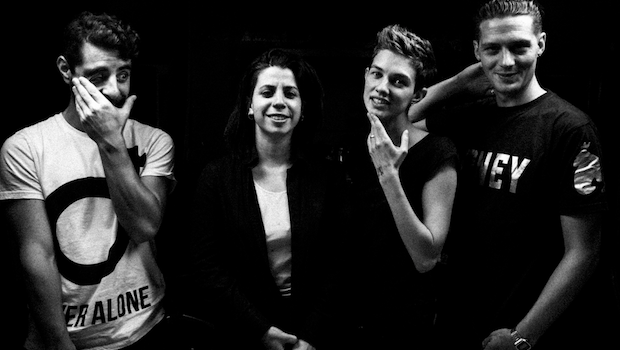
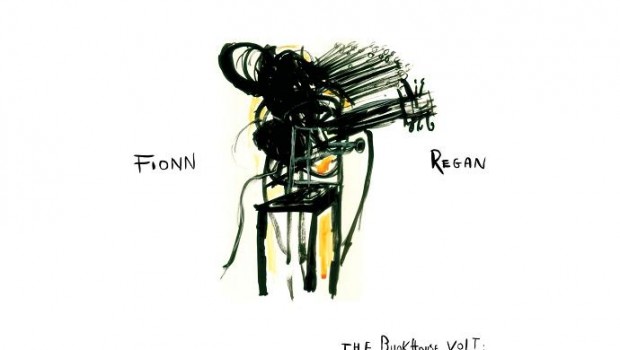


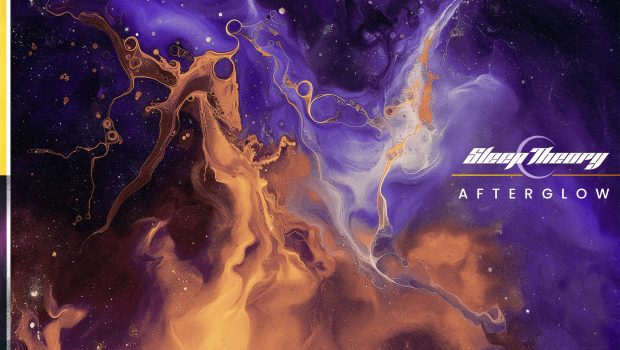
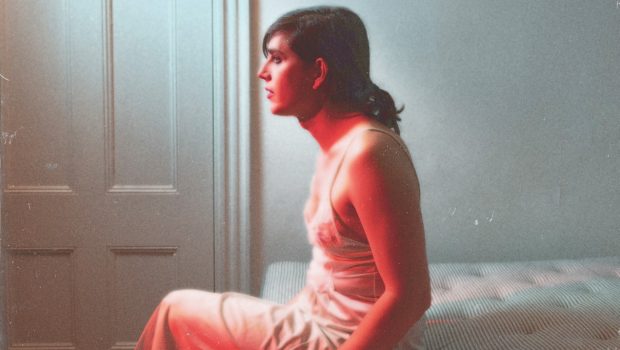

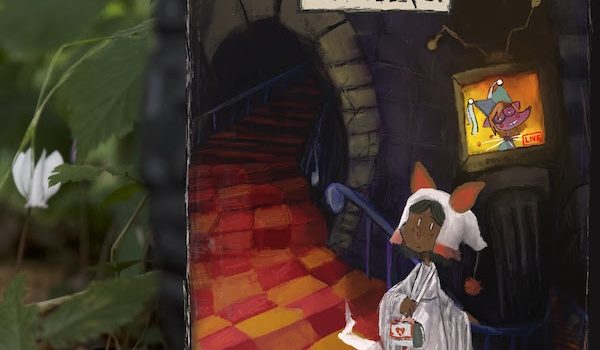
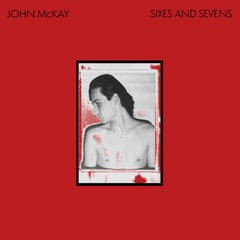
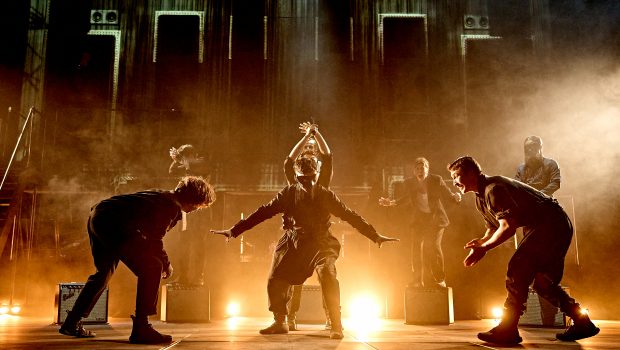
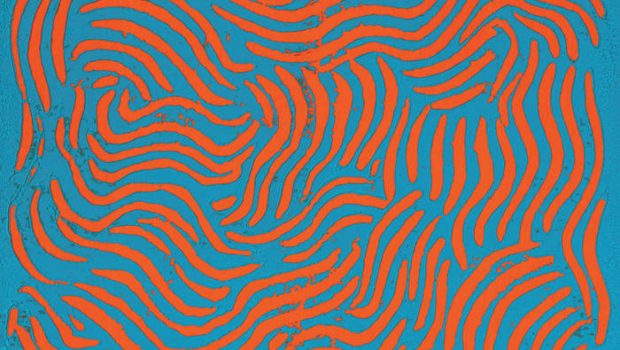
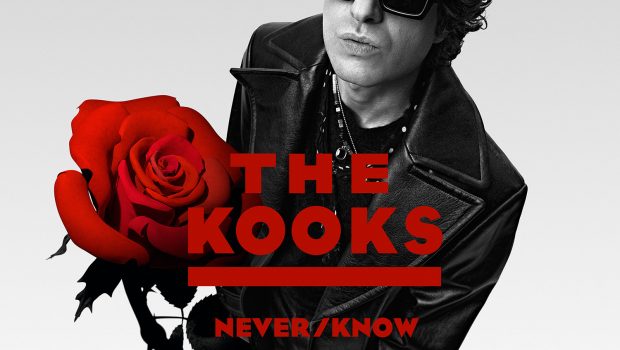
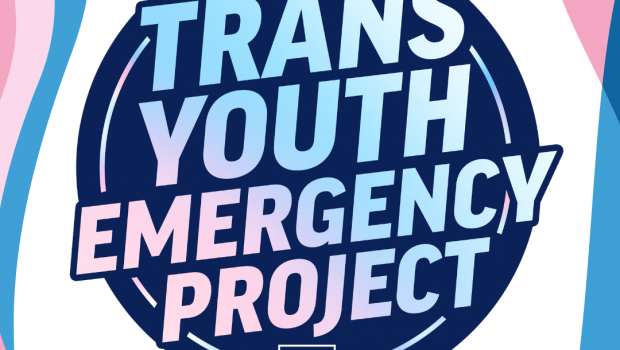
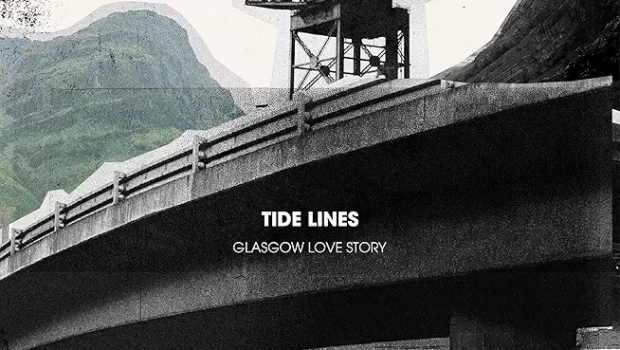

Why is there any need to compare his albums against one another anyway? I’m grateful for the fact that he made music and then shared it with us. A truly unique and talented musician. R.I.P
Kind of annoying and insincere when people end a sentence with RIP.
I’m not ranking the albums as such, and only comparing them because the simplicity of Pink Moon throws the failings of Bryter Layter into stark relief. It’s no more than a device. Besides, Nick Drake’s sad death does not preclude his music from criticism. This is not a church and the man is not a saint. To present the man with anything other than honesty is to do him and his music a disservice – how can we praise Nick Drake so if we’re not also willing to point out his shortcomings? I actually found this review extremely difficult to write, the lack of recognition in his lifetime painfully tragic. The feeling of relief that he has now found acclaim largely serves to make his fans feel better, and has no impact on the loneliness he must have felt before he died on his own in his room at his parental home.
I don’t want to start a mindless debate full of frenzy. I actually find your article really interesting, even though I disagree with it, and it is refreshing to hear some insight on Nick. Did you manage to watch this?
https://www.silentradio.co.uk/04/27/album-review-nick-drake-bryter-layter-remastered-and-boxed-vinyl-edition/
Strongly recommend it.
Sorry, wrong link. This is the one:
http://www.youtube.com/watch?v=nrmR_F5XgwQ
This is a good point and is validated, I feel, by something on the George Harrison documentary ‘Living in the Material World’. He was sitting around with the other Beatles in the nineties, working on ‘Free as a Bird’ and they were listening to some John Lennon demos, just him messing around on a guitar, off-the-cuff. George Harrison said “this is crap” and Paul McCartney said “But…..it’s John.” George said, “It’s still crap”.
Ha! Classic George Harrison, and John Lennon is the archetypal misrepresented musician. His deification is ludicrous, especially for a man who, in life, said and did a lot of things that were very much at odds with his man of peace public persona. He was an amazing musician, but no more than a man.
Interesting review. I’ve possessed “Bryter Layter” since 1976, picking up on Drake not that long after he died and it was and still is established as a personal favorite album. Of the three official releases, it’s the one I play the most and return to most often. Why? Precisely for the reasons that turn you off. I love the multilayered overdubs, subtle strings and keyboards, even the fake gospel stylings of “Poor Boy” that turn the irony meter up to 11. There is a density to this recording that sucks me in and holds me there, a density matched by perhaps only two other roughly contemporary recordings, Gene Clark’s “No Other” and John Cale’s “Paris 1919” – the latter record clearly deeply influenced by Cale’s encounter with Drake.
I’m glad the other two Drake recordings are different. “Bryter Layter” is complete unto itself and the beautiful starkness of the following “Pink Moon” is made even clearer in this context. “Five Leaves Left” is different again in feel. But I cannot agree that “Bryter Layer” is in any way inferior. It’s a great album.
Hi Richard. Great response, and testament to the old (but accurate) cliché that, though we critics like to pretend we’re expressing some universal truth, all it comes down to is personal opinion. I don’t know the other two albums you mention and I’ll be sure to check them out. Will, I watched the documentary and really enjoyed it. Thanks for that.